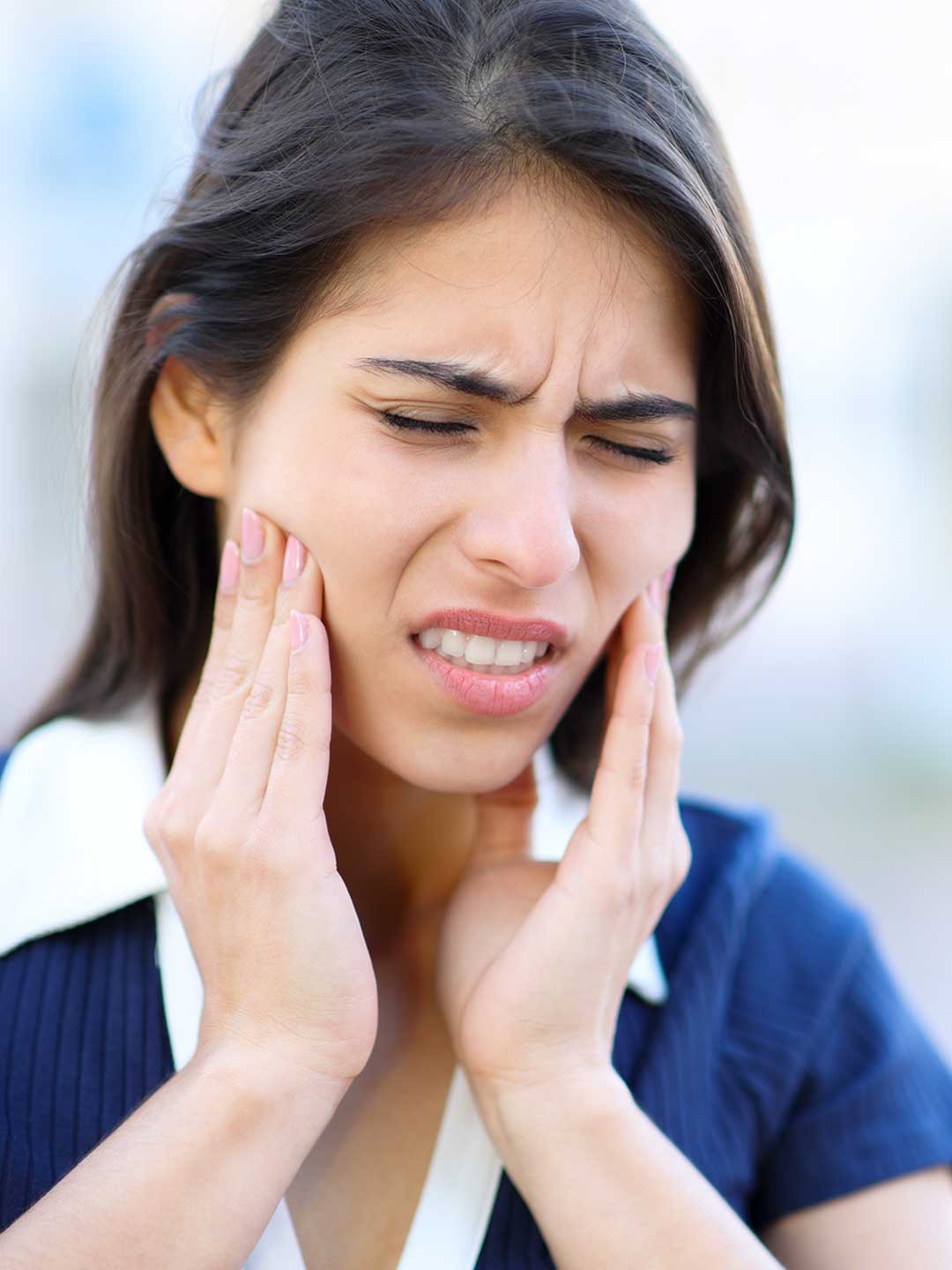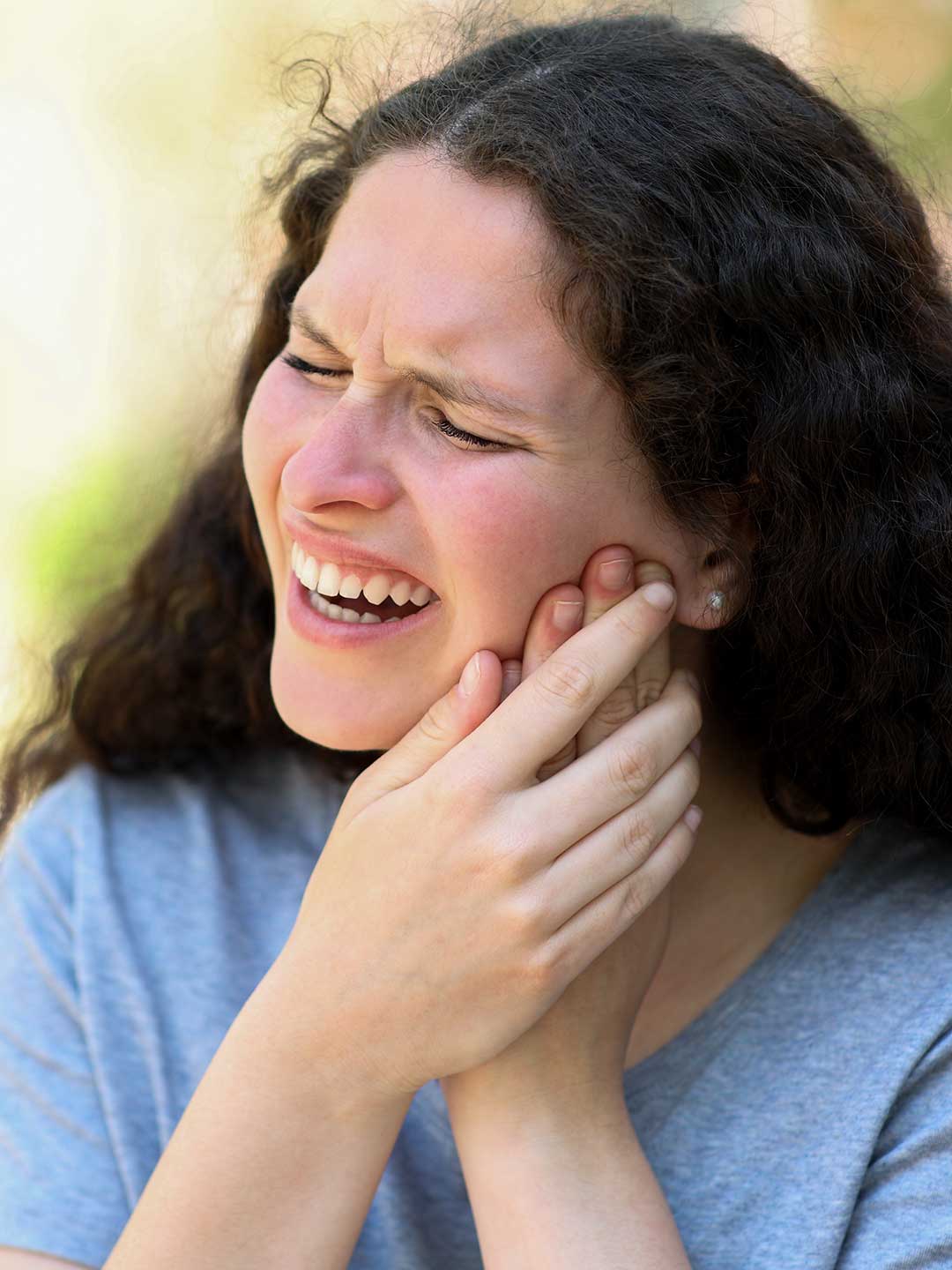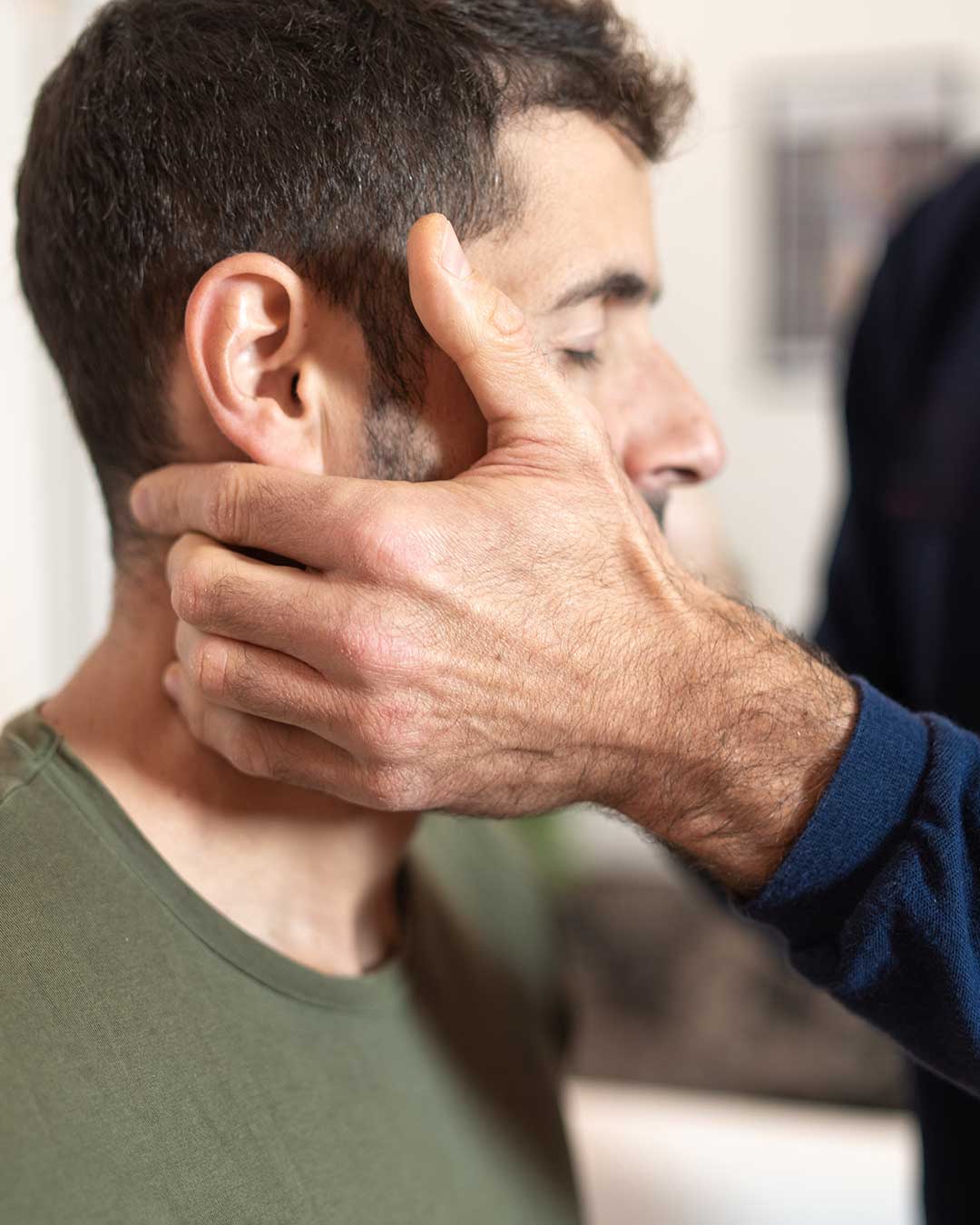Do you experience chronic jaw pain, headaches, or difficulty chewing? You’re not alone. Millions of people are affected by temporomandibular joint (TMJ) disorders, which can significantly impact daily life. In fact, studies show that TMJ disorders are the second most common musculoskeletal condition, following chronic low-back pain, and a major cause of pain and disability.
At Drs. Nicolas & Asp Centers, we understand how debilitating TMJ disorders can be. From chronic jaw pain to headaches, difficulty chewing, or even clicking and locking jaws, these issues disrupt your quality of life. That’s why our dedicated TMJ Clinic is designed to provide you with a comprehensive, patient-centric approach to diagnosis and treatment—all under one roof.





